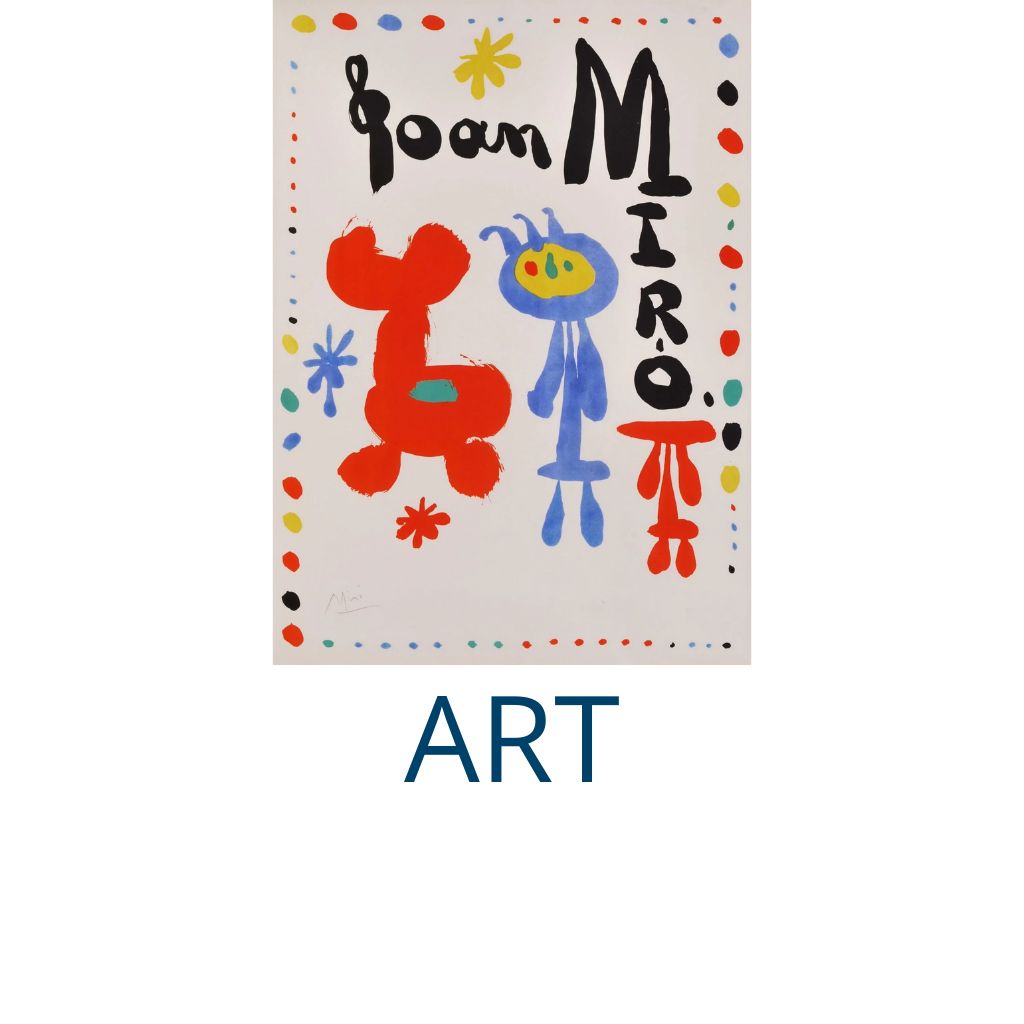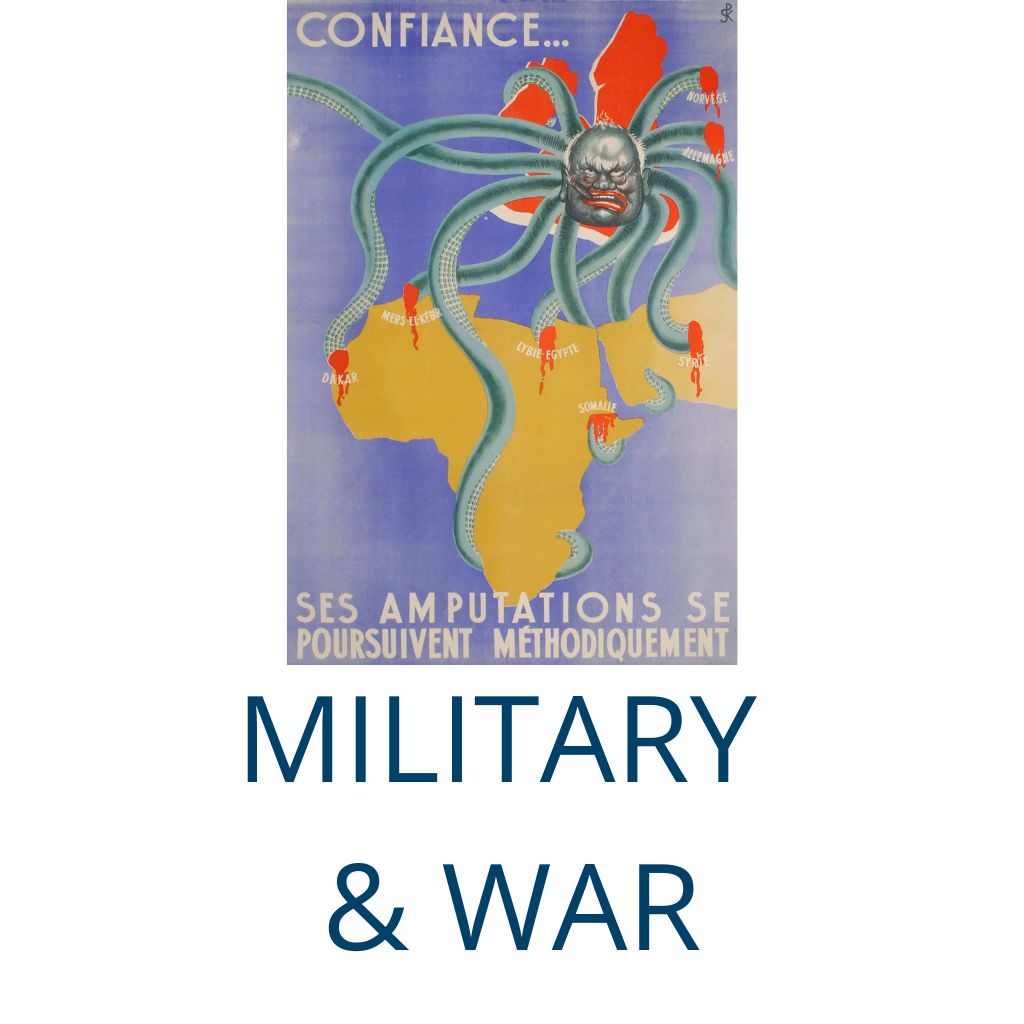
McCord Stewart Museum (Montreal, Canada)
Share
The McCord Stewart Museum was originally founded as the McCord Museum of Canadian History in 1921 by David Ross McCord, a notable historian, writer, and publisher. McCord had a deep passion for Canadian history and sought to collect, preserve, and display items that represented the country’s cultural and historical heritage. His vision was to create a museum that would offer Canadians a greater understanding of their past and a deeper appreciation of their cultural identity.
In 1981, the museum expanded its collection and renamed itself the McCord Museum to reflect its growing mandate to document Montreal’s urban history, as well as Canadian history. The museum’s permanent collection was expanded to include items related to Montreal’s social history, business history, and the daily lives of its residents. In 2019, the McCord Museum merged with the Stewart Museum, forming the McCord Stewart Museum, which now also encompasses military history and heritage, particularly related to Montreal’s strategic role in Canadian history.
The museum is housed in a historic building on Sherbrooke Street, which was once the home of Sir William C. Macdonald, an influential businessman and philanthropist. The building itself is an important part of the museum’s identity, reflecting the city’s architectural heritage and the history of the Macdonald family, who played a pivotal role in the development of Montreal and Canada.
Collections
1. Social History Collections
The McCord Stewart Museum’s social history collections are one of its most significant assets. They provide a comprehensive view of Montreal and Canadian society from the 17th century to the present day. These collections include artifacts, documents, photographs, clothing, textiles, and other materials that illustrate the evolution of daily life, work, fashion, and traditions in Montreal and beyond.
Textile Collection: The textile collection includes clothing, accessories, and household linens that reflect changing styles and fashions over the centuries. This collection is particularly valuable for understanding how Montrealers and Canadians dressed, what they valued, and how their clothing choices were influenced by cultural, economic, and technological changes. Highlights include 18th-century garments, Victorian fashion, and mid-20th-century casual wear, which offer insights into the social and economic contexts of these periods.
Photograph Collection: The photograph collection at the McCord Stewart Museum is one of the largest and most comprehensive in Canada. It includes images that document Montreal’s history from the mid-19th century to the present. The collection features works by renowned photographers such as William Notman, an early pioneer in Canadian photography, as well as contemporary photographers who have captured Montreal’s changing urban landscape. These images serve as an important resource for researchers, students, and the public, offering a visual history of Montreal’s social life, architecture, and daily activities.
Document Collection: The document collection includes letters, diaries, postcards, maps, and official documents that provide insights into Montreal’s history and the lives of its residents. These items help to reconstruct historical events, social networks, and individual stories, making the past more tangible and accessible. The documents range from business records and personal correspondences to government papers, which together paint a rich picture of Montreal’s development and the people who shaped it.
Audio-Visual Collection: The museum’s audio-visual collection includes films, videos, and recordings that document cultural events, historical milestones, and daily life in Montreal and Canada. These materials serve as important primary sources for historians, filmmakers, and educators. They include newsreels, documentaries, oral histories, and interviews that capture the voices and experiences of Montrealers from various cultural backgrounds and historical periods.
2. Indigenous Collections
The McCord Stewart Museum is committed to preserving and presenting Indigenous history and culture. The Indigenous collections include artifacts, textiles, and works of art from Indigenous peoples across Canada. These items provide a window into the rich cultural heritage, traditional practices, and artistic expressions of Indigenous communities.
Artifact Collection: The artifact collection includes tools, weapons, clothing, and ceremonial objects that reflect the diverse cultural practices of Indigenous peoples across Canada. These items are not only valuable for their artistic and cultural significance but also provide insights into the history of Indigenous-European interactions, the impact of colonization, and the ongoing efforts of Indigenous communities to preserve their cultural traditions.
Textile Collection: The textile collection features clothing and accessories made from natural materials such as fur, hides, and woven fabrics. These pieces showcase the skills and artistry of Indigenous craftspeople and offer insights into the cultural significance of clothing, adornment, and body decoration in Indigenous cultures.
Art Collection: The art collection includes contemporary and traditional works by Indigenous artists. It reflects the diversity and vitality of Indigenous artistic traditions, from beading and carving to painting and digital art. The McCord Stewart Museum is dedicated to presenting these works in a way that respects their cultural context and contributes to a deeper understanding of Indigenous artistic expression.
3. Poster Collections
The McCord Stewart Museum’s poster collections provide a unique perspective on visual culture and communication in Montreal and Canada. Posters have been used historically as a means of public information, advertising, propaganda, and artistic expression. The museum’s collection includes a wide range of posters from various periods and themes.
Advertising Posters: The collection of advertising posters at the McCord Stewart Museum reflects the evolution of commercial art and consumer culture in Montreal and Canada. These posters were used to promote products, services, events, and public information campaigns. They offer a visual history of marketing strategies, changing consumer preferences, and the role of design in shaping public perception. The collection includes everything from early 20th-century advertisements for household goods to mid-20th-century posters for cultural events, travel, and entertainment.
Political and Social Posters: The museum’s collection of political and social posters provides a window into the social and political issues that have shaped Montreal and Canada over the past century. These posters were used to raise awareness, advocate for change, and galvanize public support during key moments in history. They include posters from labor strikes, civil rights campaigns, anti-war protests, Indigenous rights movements, and environmental activism. These posters are valuable for understanding how visual communication has been used as a tool for political expression and social advocacy.
Cultural Event Posters: The cultural event poster collection at the McCord Stewart Museum includes materials that document exhibitions, performances, festivals, and cultural celebrations in Montreal and beyond. These posters serve as a historical record of Montreal’s cultural landscape and provide insights into how art and culture have been marketed and presented to the public over the years. They include promotional posters for major exhibitions at the museum, local theater productions, art festivals, and music events.
Contemporary Art Posters: The contemporary poster collection features works that reflect current artistic practices and visual culture in Montreal and Canada. These posters document recent exhibitions, art fairs, and cultural events, showcasing emerging artists and new trends in the art world. They provide a platform for dialogue on contemporary issues, such as identity, social justice, environmental sustainability, and cultural diversity.
4. Significance
The McCord Stewart Museum plays a vital role in preserving Montreal’s history and cultural heritage. It is a hub for research, education, and public engagement, contributing significantly to the understanding and appreciation of Canada’s diverse cultural landscape.
Research and Education: The museum supports academic research and offers educational programs that cater to a wide range of audiences. It collaborates with universities, research institutions, and other museums to advance knowledge in history, ethnology, and social studies. The museum’s collections serve as valuable resources for scholars, students, and the general public, providing insights into past and present cultures.
Public Engagement: The McCord Stewart Museum engages with the public through a variety of programs, including guided tours, workshops, lectures, and cultural events. It strives to make history and culture accessible to all, fostering a deeper understanding and appreciation of the diversity that defines Montreal and Canada. The museum’s commitment to community outreach is reflected in its partnerships with local schools, community organizations, and cultural festivals. It also offers online resources, virtual exhibitions, and digital archives that allow people around the world to explore the museum’s collections and exhibitions.
Art and Communication as Tools for Change: The poster collections at the McCord Stewart Museum underscore the power of visual communication in shaping public opinion and influencing social change. Posters have historically been used as tools for advocacy, advertising, and artistic expression. By preserving these posters, the museum ensures they remain available for study and reflection, offering insights into the role of art as a medium for social activism and cultural expression.
Website URL
For more information about the McCord Stewart Museum, including access to their collections, exhibitions, and events, please visit their official website: https://www.mccord-stewart.ca/




